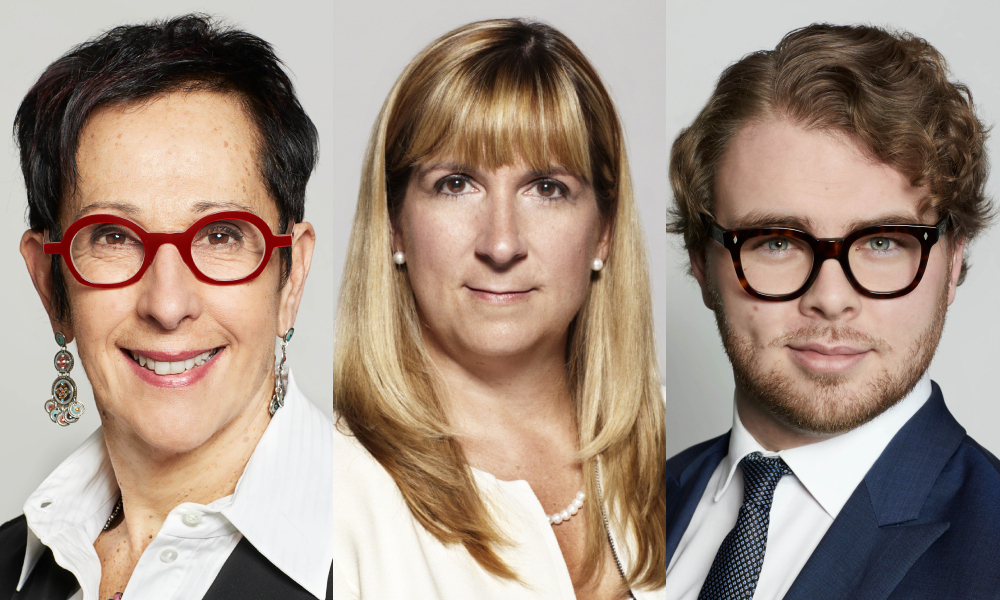
Governance key to recovery, say Christiane Brizard, Danielle Ferron and Guillaume François Larouche

Since March, many directors have had to play an active role in crisis management in order to protect business continuity. Beyond short-term management, the real challenge at this time is to continue to develop good governance reflexes in order to pursue a sustainable and inclusive recovery while planning for the future. This requires long-term vision — one that takes into account emerging 21st-century risks as well as our society’s ethical concerns.
While some risks are internal to an organization and are often preventable or manageable, others are external to the organization and frequently unavoidable. Therefore, organizations must have measures in place to mitigate the impacts.
It is also necessary to take into account the significant changes sweeping the globe, including:
• a return to regional value chains instead of global value chains; i.e., a de-globalization of real economies;
• an increase in public spending on health care, unemployment benefits and support for businesses, thus putting an end to fiscal austerity where this was in place;
• a new desire for government intervention to define and develop strategic local industries (e.g., pharmaceuticals, new technologies, renewable energy, food and defence);
• increasingly pressing climate issues;
• racial, gender and cultural diversity issues that are no longer tolerated.
In this state of flux, it is high time to reboot the organizational culture with respect to risk identification and analysis. Directors are well placed to instil this culture by nurturing it within the board and then demonstrating it in their relations with management.
The role of corporate directors is all the more critical at this time because they are the ones who must ensure that the corporation can plan for the return of normal operations, post COVID-19. In fact, directors are subject to a fiduciary duty to the corporation. Being obliged to act for the good of the company and take into account the interests of all stakeholders, directors may have a broader perspective than managers, who are primarily involved in day-to-day operations.
Moreover, since the beginning of the crisis, we can see that various ethical questions have already emerged in connection with social changes currently underway. Ethics is at the heart of society, particularly in the context of the issues we are currently facing. The values of solidarity and concern for others, now firmly rooted in our society, must be taken into consideration by directors. Society has new expectations of its organizations, particularly with regard to sustainable development, the fight against climate change, gender equality, inclusive growth, pluralism and diversity.
From now on, these issues need to be top of mind for directors. Ethics must help clarify the values to be prioritized in this exceptional situation to do not only what is reasonable but also what is right under the circumstances. The concept of responsible corporate citizenship cannot be ignored by directors and must be integrated into their decision-making process.
To this end, a board of directors composed of qualified members with a range of profiles will ensure greater multi-disciplinarity in their approach to assessing risk and identifying changes in society.
It is important to note that the current situation places directors at an increased risk of personal liability in the event of inadequate control of a company’s operations or an inability to adapt to the community’s expectations regarding corporate ethics.
Finally, the current crisis offers a unique opportunity for directors to take concrete action, together with management, toward a sustainable and inclusive recovery made possible by understanding the new risks and ongoing social change.
Christiane Brizard is a partner and mediator at Langlois lawyers.
Danielle Ferron, Ad. E. is a litigation partner at Langlois lawyers
Guillaume François Larouche is a litigation lawyer at Langlois lawyers